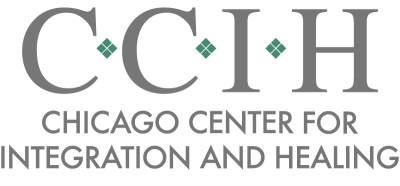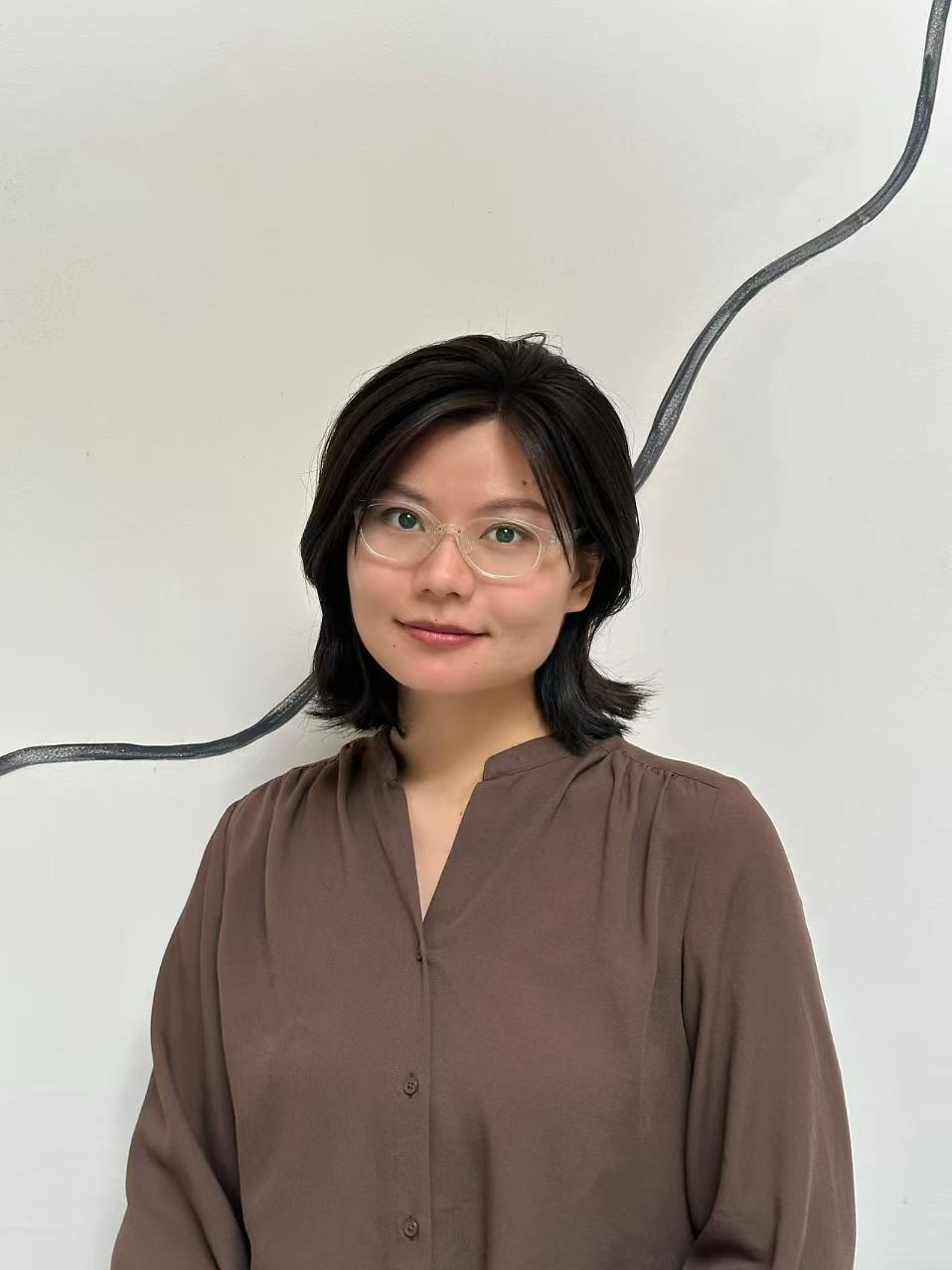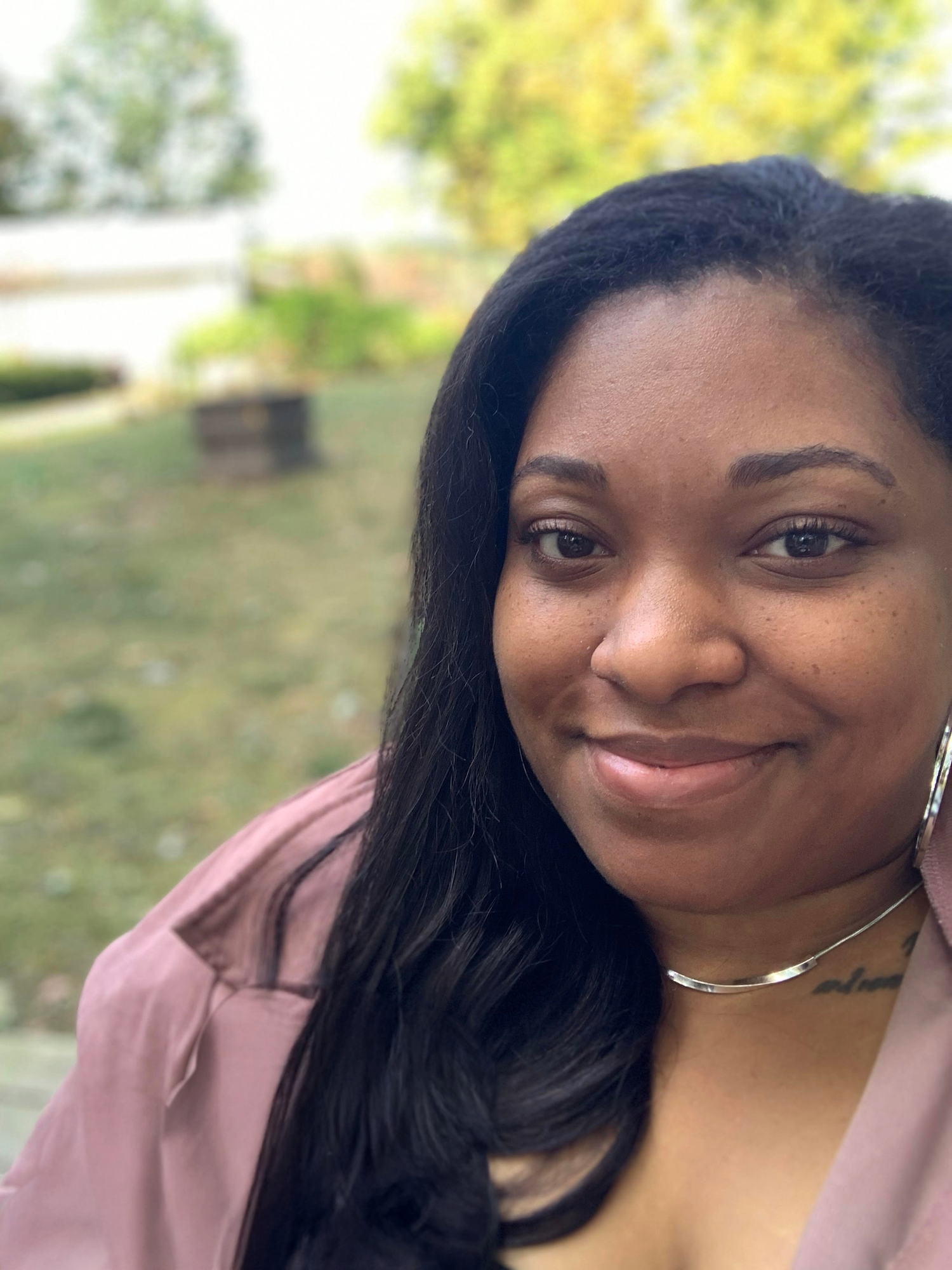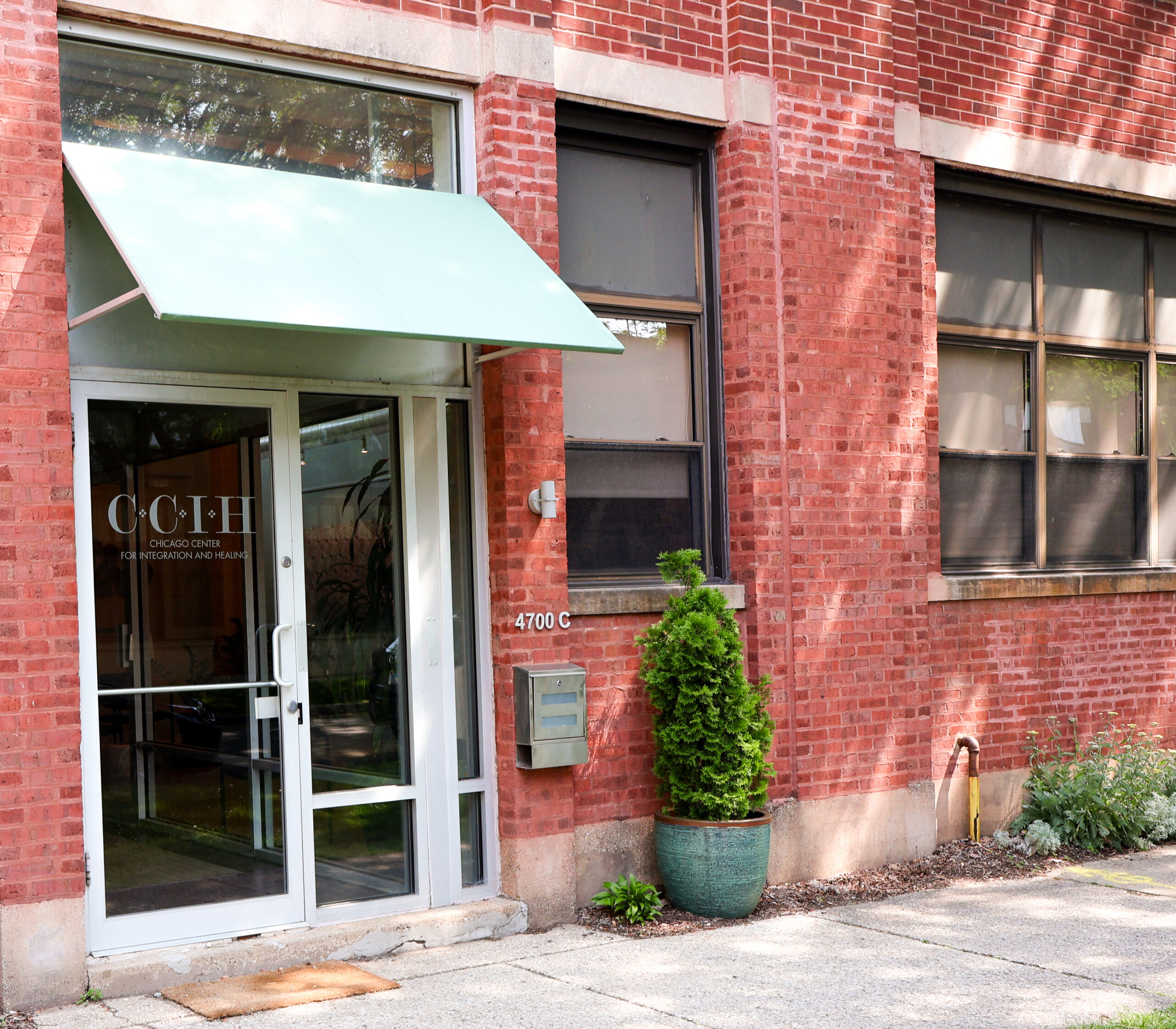At CCIH our work with clients and our professional development is grounded in four essential concepts: an Integrated Approach, an Anti-Oppression Lens, the Therapist Experience, and Community Formation. In this series, CCIH Director Amy Zajakowski Uhll expands on each of these concepts and why we believe they are necessary for effective trauma-informed treatment.
The essential work of treating complex trauma and human relationships is best done in the context of a professional community. In our field, it is common for therapists to practice independently with little professional support. But some experiences are too big for one therapist and one client to hold. A professional community can increase our ability to be present for overwhelming experiences.
We recognize that all of us at CCIH have our own relationship to trauma, as well as wisdom to share with each other. Gathering together in service of the work allows us to share our professional struggles and successes and to practice new skills and experiences. Attachment theory has also reminded us that humans are not meant to go it alone. Our nervous systems are intimately connected with one another. Awareness of this can help sustain us in this important but sometimes difficult work.
Community can provide the support and accountability that is essential to an ongoing practice. As Rhonda V. Magee writes in The Inner Work of Racial Justice, “Justice begins with our awareness of the present moment, extends through caring for ourselves, and shows up in the love we bring to our interactions with others and our responses to the social challenges of our time.”
At CCIH, an ongoing part of our mission is to create opportunities for therapists in our wider community to connect with each other and form a network of trauma-informed care.
Photo Credit: https://unsplash.com/@grahampengelly_









